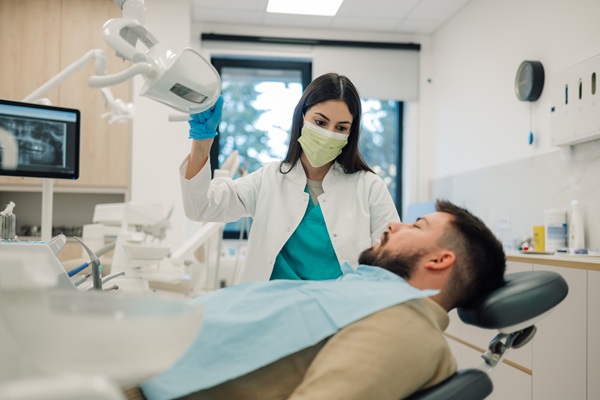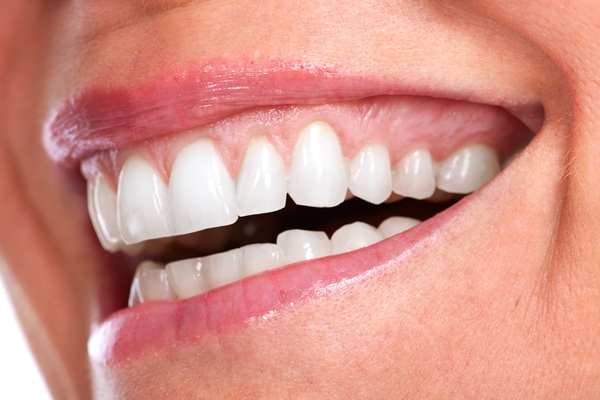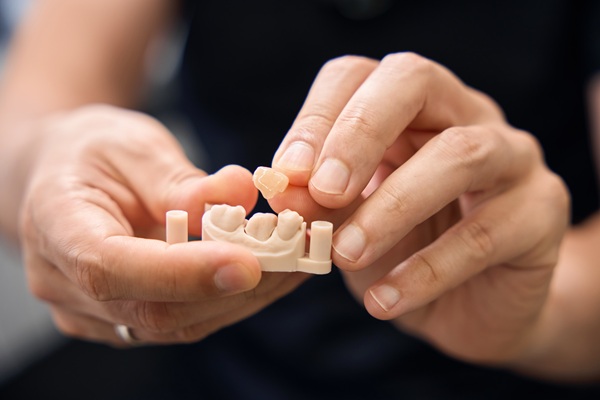General Dentistry Quick Guide for Tooth Extraction Aftercare

General dentistry refers to all routine procedures and care that is done to help individuals maintain good oral health. One procedure that unfortunately happens to be routine is tooth extraction. Extractions are needed when a general dentist determines that a tooth is too unhealthy to remain in the mouth. Of course, some require extraction due to spacing issues too. Keep reading to find out more about aftercare once the extraction has been performed.
What to do after a tooth extraction
Outlined below are a few tips from a general dentistry practice on what to do after tooth extraction. This guide can be used as a resource for individuals who are preparing for extraction as it can be helpful to know what to expect afterward.
1. Avoid certain foods and beverages
Immediately after tooth extraction, it is important to avoid certain foods and beverages. General dentistry already recommends avoiding heavily acidic or sugar-based items because they can cause cavities. However, this is especially important after extraction as the mouth is more susceptible to infection.
Additionally, to avoid discomfort or irritation to the healing site, general dentists recommend consuming foods that are extremely soft, such as mashed potatoes, soup, smoothies, or apple sauce.
2. Gently rinse with saltwater
Saltwater is a safe and alcohol-free way to rinse the oral cavity without hurting the site where the tooth was extracted. The salt kills any bacteria that can build up during the healing process. General dentists recommend gently rinsing three to four times a day after tooth extraction for 30 seconds. It is advised to avoid mouthwashes immediately after tooth extraction as they contain alcohol, which can irritate the area.
3. Take an over-the-counter medication
Over-the-counter medications are great to take after tooth extraction. General dentists recommend these as they can help reduce discomfort, inflammation, and swelling. It is key to take them in moderation and to follow the direction of the dentist, which will likely include taking them with a heavy liquid or soft food.
4. Keep an eye on the wound
Another important thing to consider is the actual wound that is left from the tooth extraction. Although the reason for an extraction is to get rid of a bad tooth, the actual procedure can be grueling on the gums and surrounding areas of the mouth. It is necessary to just keep an eye on the wound to ensure that there is no excess bleeding or swelling, which could mean a different problem. Any signs that seem abnormal should be noted and addressed by a general dentist.
Talk to a general dentist
After undergoing a tooth extraction, it can always be helpful to consult with a general dentist. Any questions or concerns about what is involved during and after an extraction can be appropriately addressed. Additionally, if an evaluation or follow-up is required, general dentistry practices are the best resources to utilize. To find out more about extractions or how a general dentist can help, reach out today.
Request an appointment here: http://villagecenterdentistry.com or call Village Center Dentistry at (281) 644-0134 for an appointment in our Katy office.
Check out what others are saying about our dental services on Yelp: General Dentistry in Katy, TX.
Related Posts
Clenching and grinding the teeth, also known as bruxism, can wear them down and cause jaw and ear pain. General dentists can help patients with bruxism avoid pain and discomfort. This blog will review the causes, symptoms, and treatments for teeth grinding.It is common for people to be unaware they clench or grind their teeth…
A broken tooth can be distressing, especially if you do not know where to turn when it happens. However, if a broken tooth is not an emergency, your general dentist can fix it in several ways. These professionals are skilled in restorative and cosmetic dentistry, which are important for repairing teeth.If the affected area has…
Wondering what a general dentist suggests for a damaged tooth? Read on to learn more. Damage to teeth can result from decay, accidents, medications, and various health conditions. Repairing a tooth is crucial for maintaining good oral and overall health.When a patient visits the dental office for a damaged tooth, their general dentist will evaluate…
Bad breath can feel uncomfortable and embarrassing, even more so when it does not seem to go away. If you are struggling with chronic bad breath, a general dentist can help. Many treatment options are available, some of which take place at home. In this article, we will explore the common causes of bad breath…


